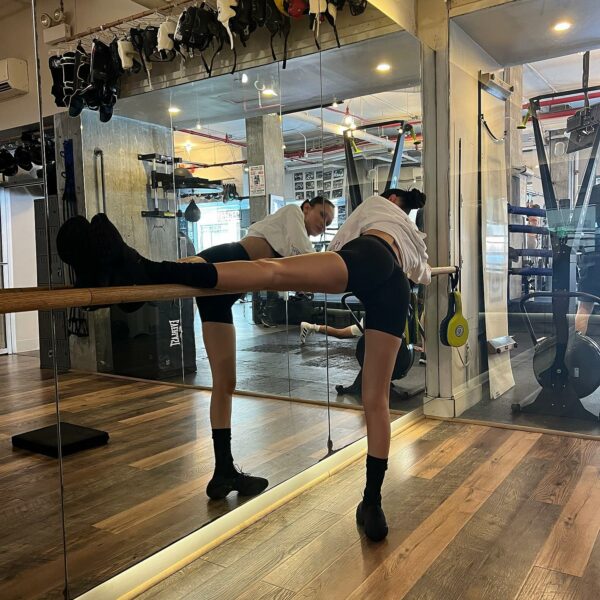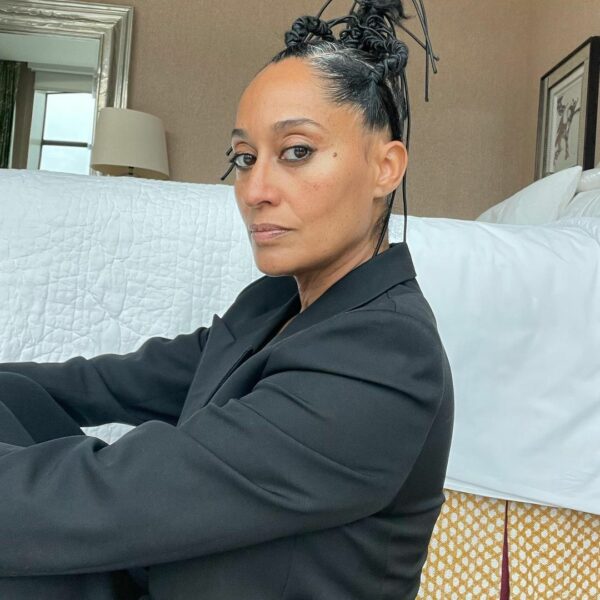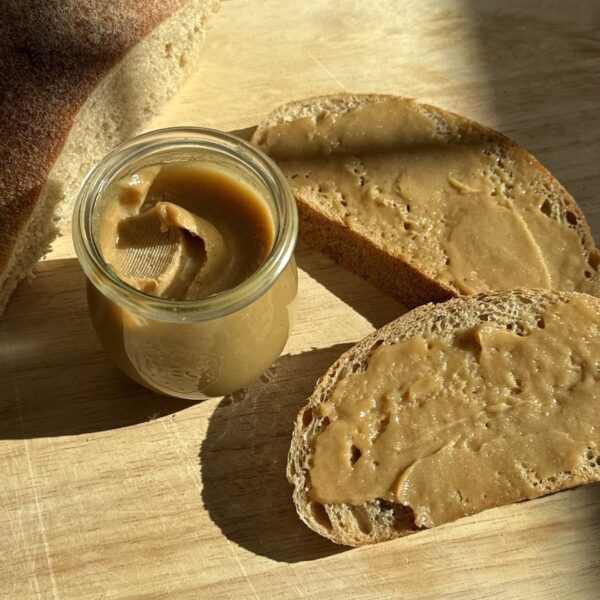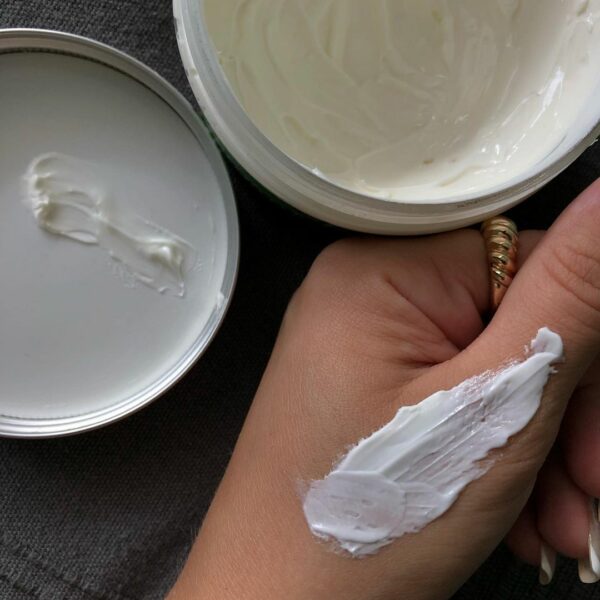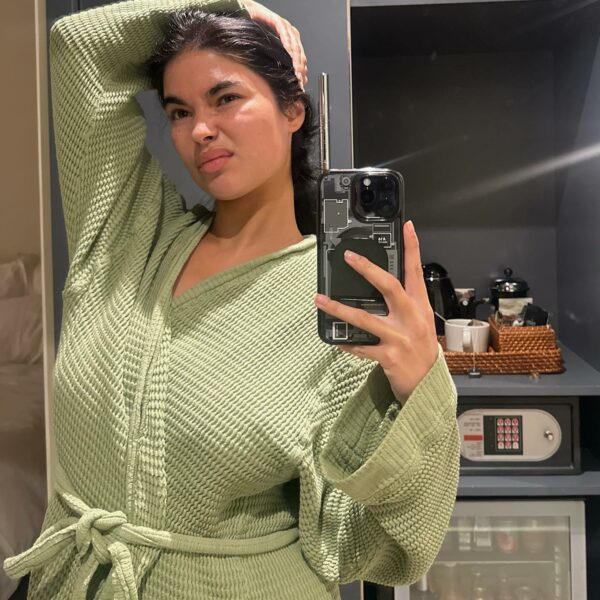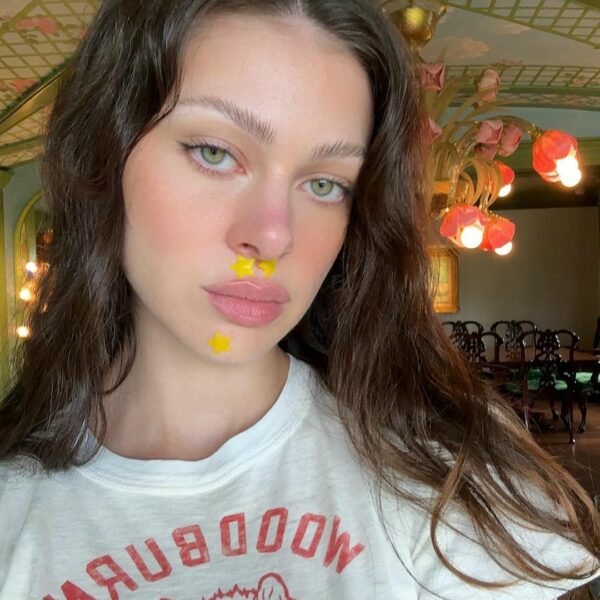Come on, get happy—with the help of your hormones.
“The four main happiness hormones are serotonin, dopamine, oxytocin, and endorphins,” says Dr. Stephanie Hack, MD, host of the Lady Parts Doctor Podcast.
“Insulin, estrogen, and cortisol also play a big role in happiness,” says Alisa Vitti, founder and CEO of FLO Living and creator of the Cycle Syncing Method®. “Women’s hormones are constantly changing, and we require a hormonal care plan that changes with it,” she says.
So let’s get to know the hormones that have the biggest impact on our happiness—plus, how to hack them.
The mood modulator
“Serotonin has a role in regulating almost all brain functions, in addition to regulating the heart, lungs, bowels, and other organ systems. It also helps modulate mood, appetite, memory, sexuality, and more,” Dr. Hack states.
Hack it: “Exercise, exposure to sunlight, and a balanced diet high in fruits and vegetables can help with serotonin,” she says.
Makes pleasure possible
“Dopamine is created by the neurons (nerve cells) at the base of the brain and regulates the body’s reward center,” Dr. Hack explains.
Hack it: “Sleep, meditation, and a balanced diet containing foods high in dopamine building blocks (chicken, avocados, milk, dairy, and soy) can all help balance dopamine,” she suggests.
The love hormone
“An ob/gyn favorite, oxytocin has major roles in childbirth and postpartum, helping the uterus contract and facilitating the milk letdown,” Dr. Hack says. “Our bodies also produce it when we fall in love or when our partner excites us. It’s important for bonding.”
Hack it: “Exercise, touch, and group bonding activities can help with oxytocin,” she tells us.
The Legally Blonde reference
“These are produced in response to pain or stress, and help give us a sense of well-being,” Dr. Hack explains.
Hack it: “Exercise, playing music, meditation, and laughter can help with endorphins,” she suggests.
Helps regulate blood sugar
“Our blood sugar has a profound effect on our mood. When our blood sugar is all over the place and insulin is working hard to bring it down, this results in big swings of hyper and hypoglycemia. We can feel anxious, depressed, foggy, and listless,” Vitti says.
Hack it: Eat in sync with your cycle. “Managing your blood sugar/insulin requires different caloric intake in the first half of your cycle (follicular/ovulatory) versus the second half (luteal/menstrual),” she states. Read more here.
The social hormone
“The right amount can boost our mood. However, excess estrogen can make us feel anxious, and not enough estrogen can make us feel depressed,” Vitti says.
Hack it: Eating in sync with your cycle also helps here. “If you have any PMS symptoms, for example, that means you are estrogen dominant, and following the food plan will ensure you are metabolizing estrogen optimally throughout your cycle,” she explains.
The stress response hormone
“Again, just the right amount makes us feel energized and positive, but when this is out of balance, we can become fatigued and overwhelmed,” Vitti says.
Hack it: “Adjusting your workout intensity depending on which phase you’re in will also help support proper cortisol balance,” she says.
“Women need to remember that [insulin, estrogen, and cortisol] are dynamic across their menstrual cycle,” Vitti advises. “Because of this, the only way to truly support their balance is to sync their diet, fitness, and lifestyle with their cycle. This is why I created The Cycle Syncing Method®, which I detail in my bestselling book In the FLO.”
One last note from Dr. Hack: “Positive thinking plays a major role in our happiness. So, if all else fails and you are unable to exercise, eat healthily, etc., try focusing on a happy thought.”
Cortisol Balancer
Price: $55
Dr. Nigma
Up next, be the first to know our weekly content and sign up for our Poosh newsletter.







